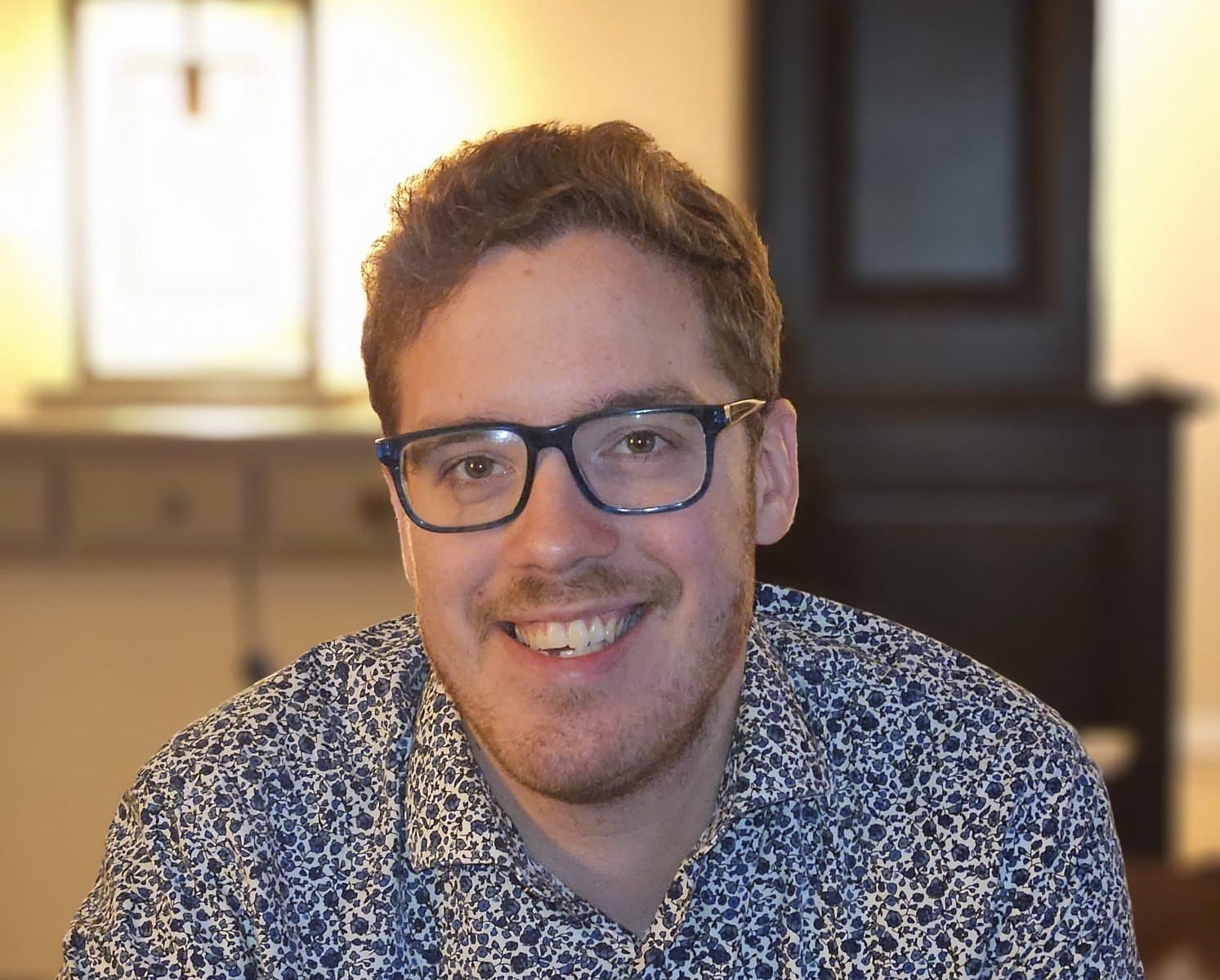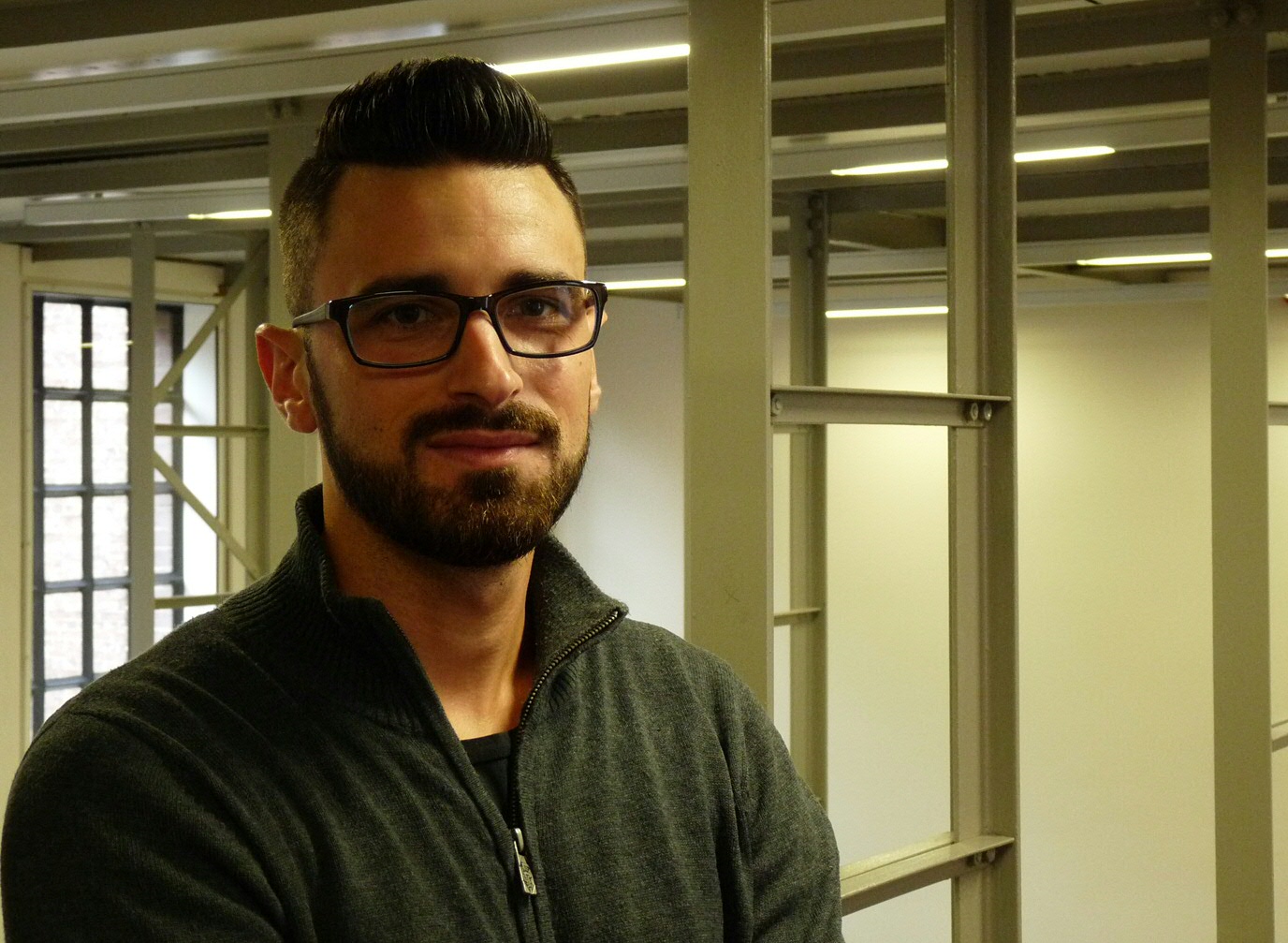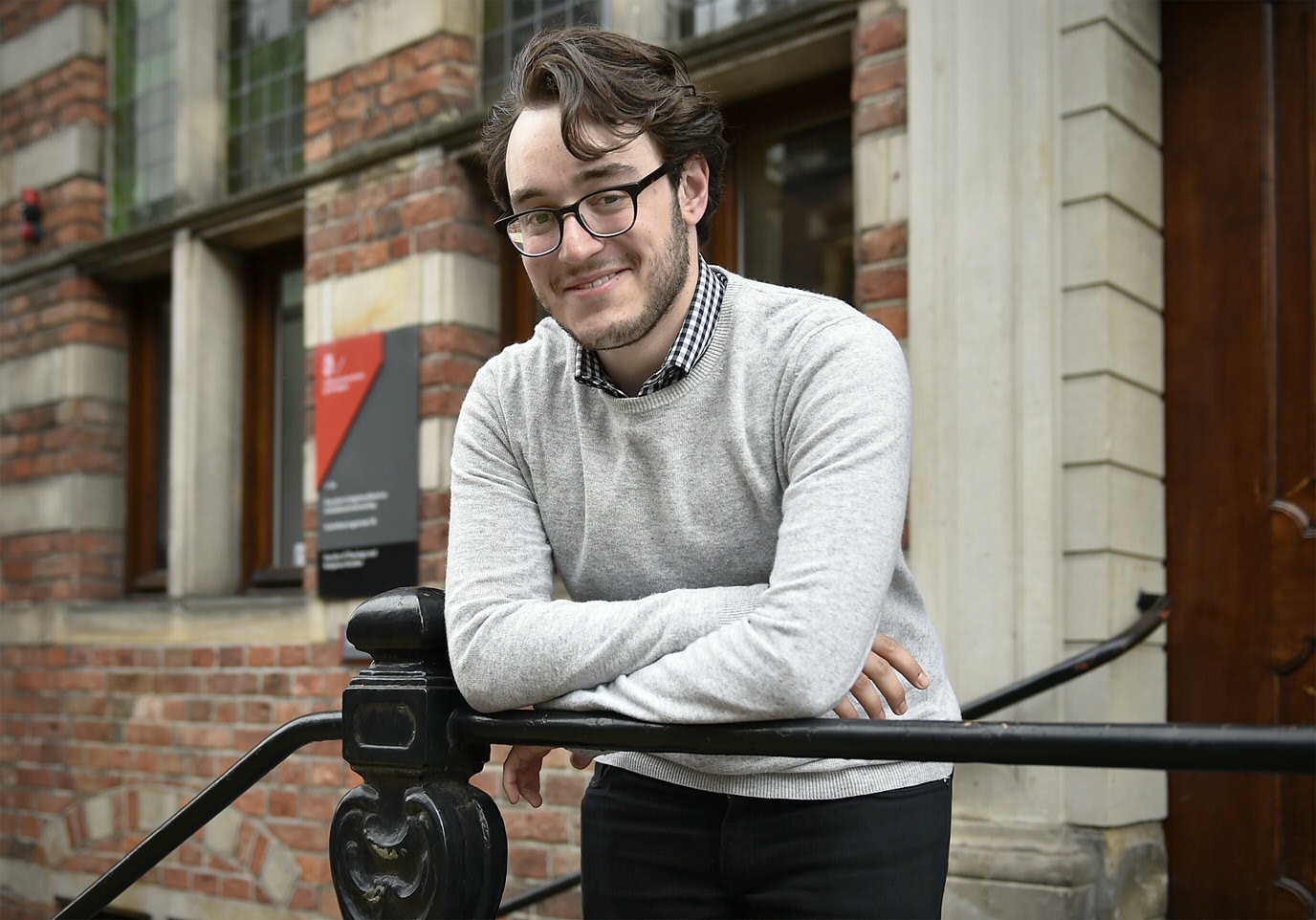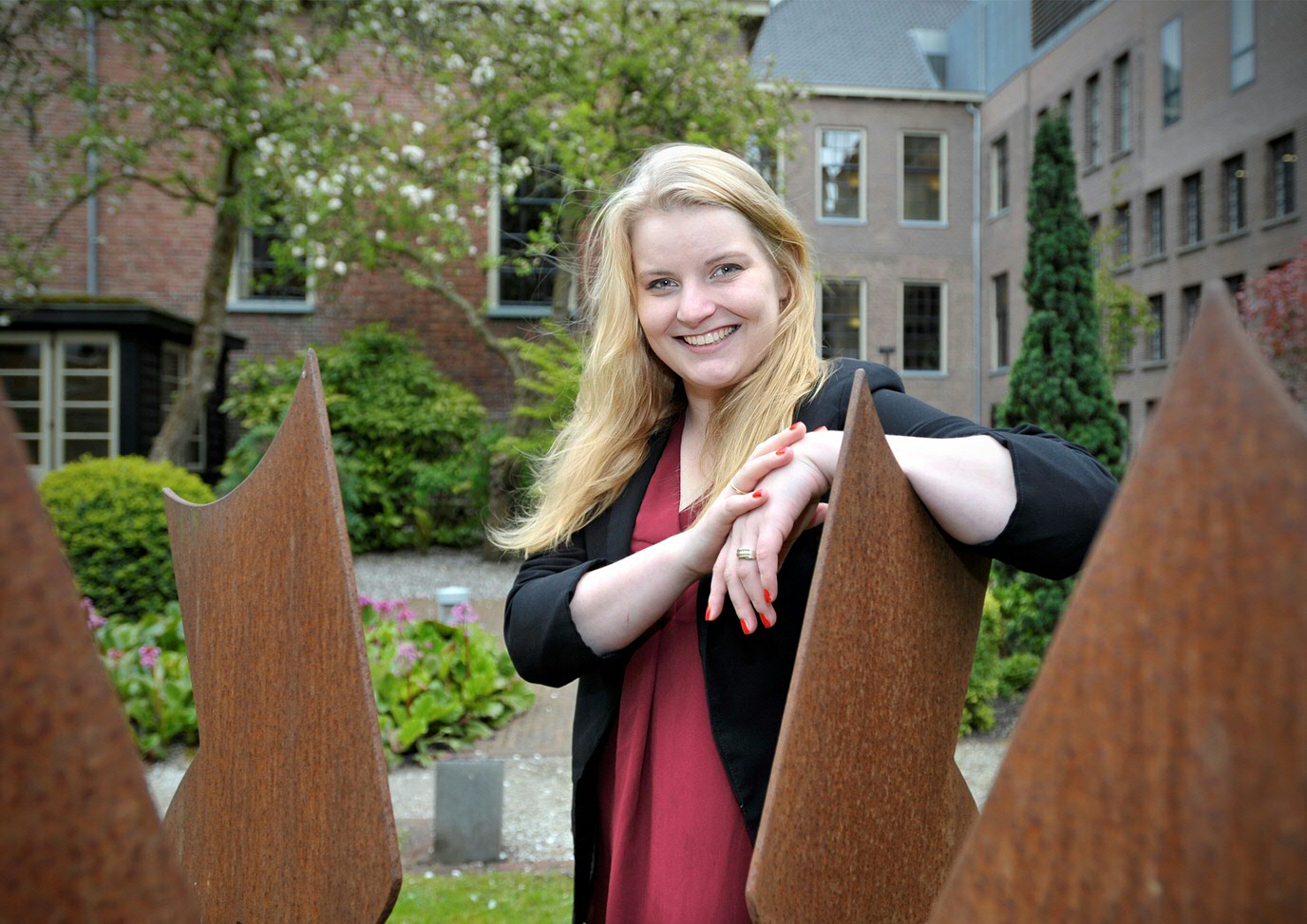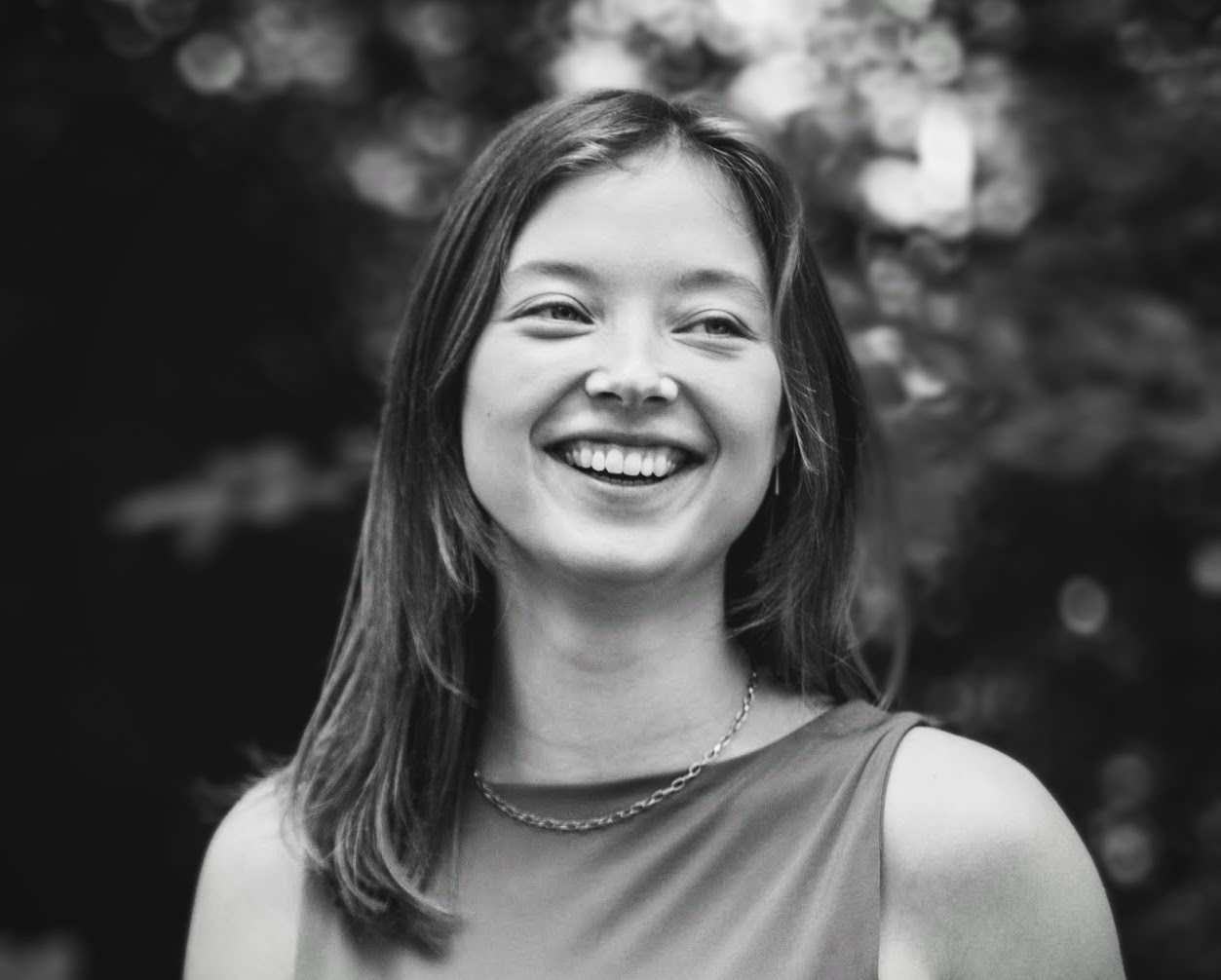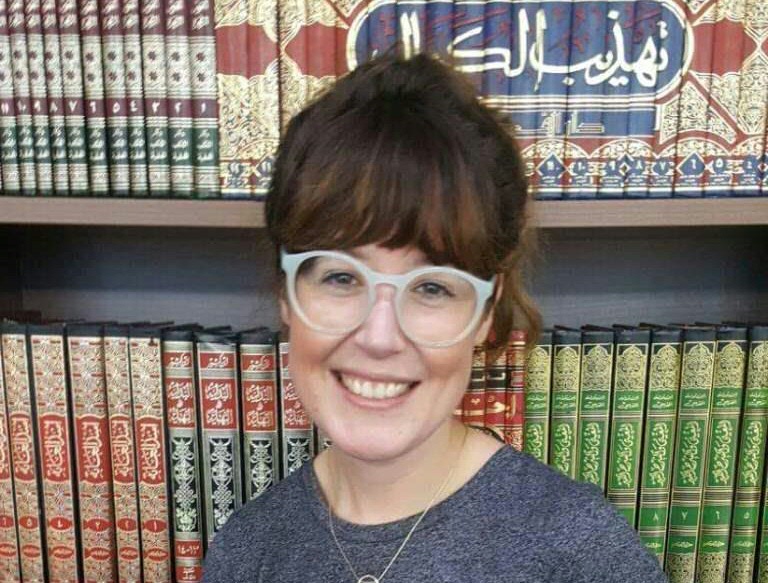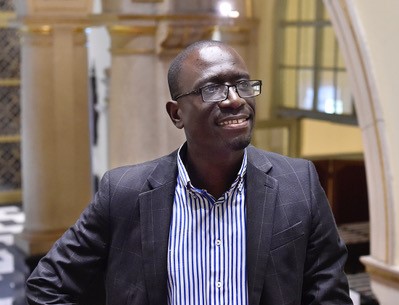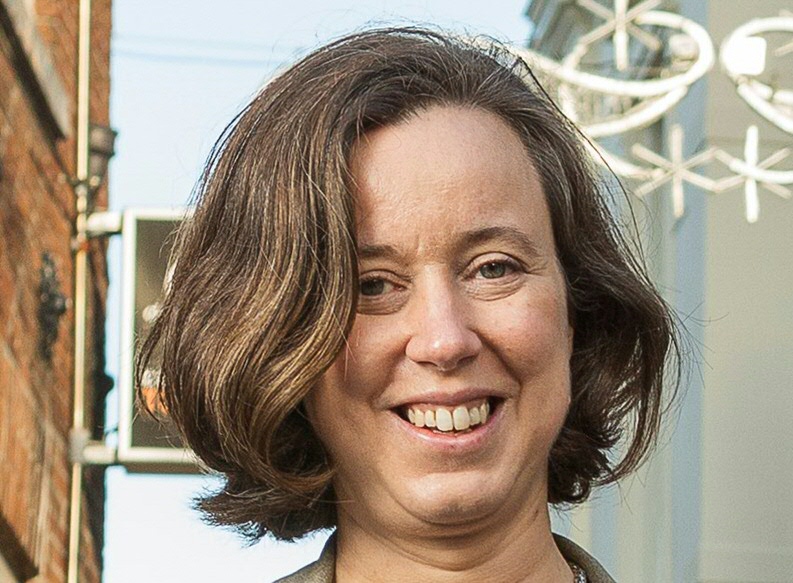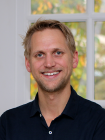toelatingseisen
vooropleiding
Enrollment in the MA is possible if you hold a Bachelor's degree in Religious Studies, Theology, or another Bachelor in Arts, Humanities (e.g. International Organizations, Middle Eastern Studies, Philosophy), Political Sciences or Social Sciences (e.g. Anthropology, Psychology, Sociology). Depending on your former study and courses a reading package will be provided. We assume that you are aware of the concepts and theoretical discussions outlined in this literature.
If you have completed a Bachelor's degree other than in one of the disciplines described above, you still have direct access to the MA if you:
- have completed the university minor Anthropology, Religion in the Modern World, or Art and Religion as well; or
- can demonstrate the completion of 30 ETCS worth of subjects in the previous degree programme that have introduced you to Politics, Philosophy, Gender Studies, Migration, Development Studies, or Human Rights.
Students can also be admitted via a pre-master's programme.
A selection of previous education programmes is shown below under 'Transfer options'. However, this list is not complete. If your study programme is not listed, this does not automatically mean that you will not be admitted to the Master's programme. In case of doubts or questions, feel free to contact the study advisor: studyadvice.rcs@rug.nl
cijferlijst
An overview of the courses from the bachelor's programme followed with an explanation of these courses.
taaltoets
An English language test for Dutch students is only required if you do not have a VWO-diploma. IELTS: 6.5 (6.0 on each part); TOEFL: 90 internet (18 on Reading and Listening, 20 on Speaking and 21 on Writing); Pearson Academic: 66 (62 on Reading, 54 on Listening and Speaking, 62 on Writing); LanguageCert Academic: 70 (65 on each part).
Exemption granted if:
-You are a native speaker of, and have completed your full secondary level education in: the USA, Canada (only when taught in English), the UK, Ireland, Australia, or New Zealand.
- You have completed a full-time Bachelor programme (nominal duration of at least three years) in: the USA, Canada (only when English taught), the UK, Ireland, Australia, or New Zealand.
If English was the medium of instruction during your previous education, but you do not meet any of the above mentioned requirements, you are still required to provide proof of your English language proficiency.


